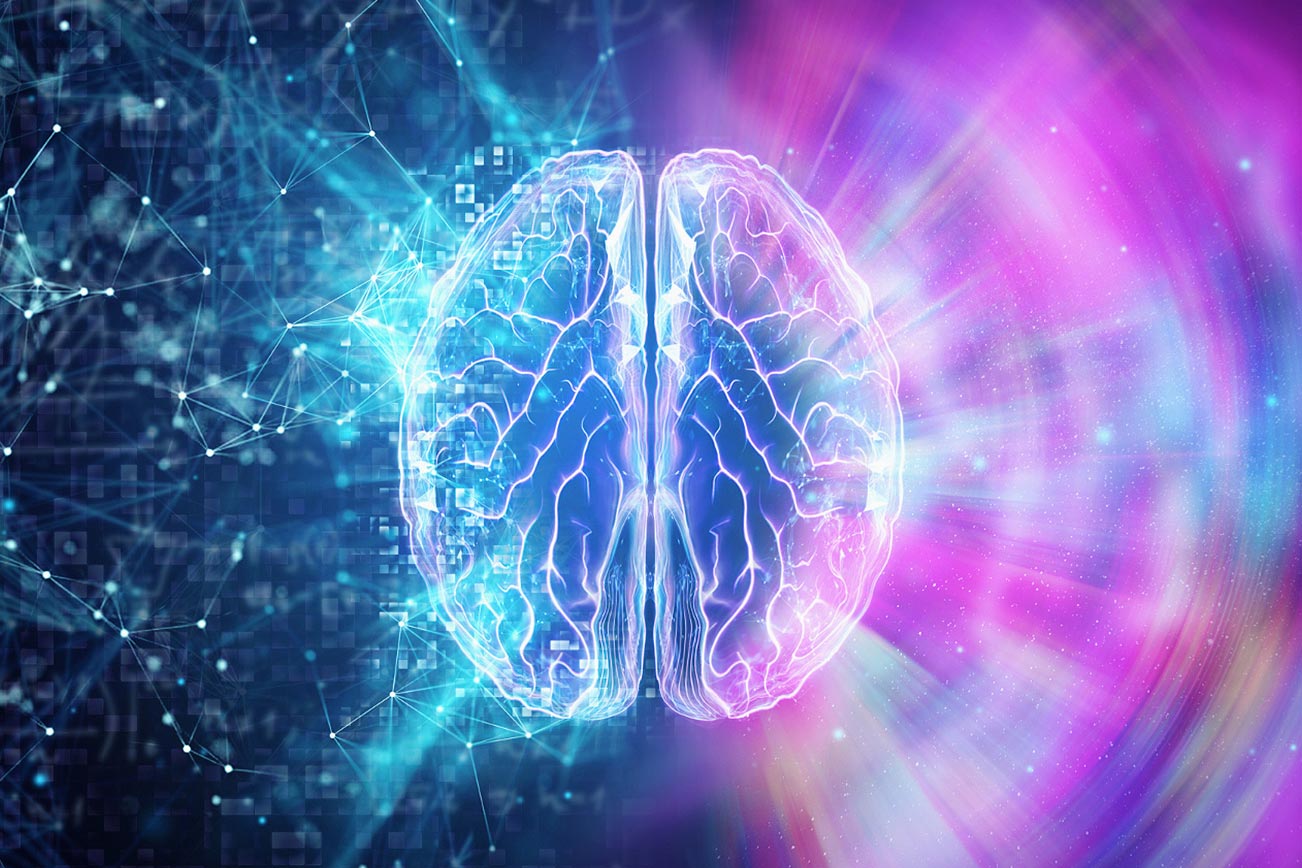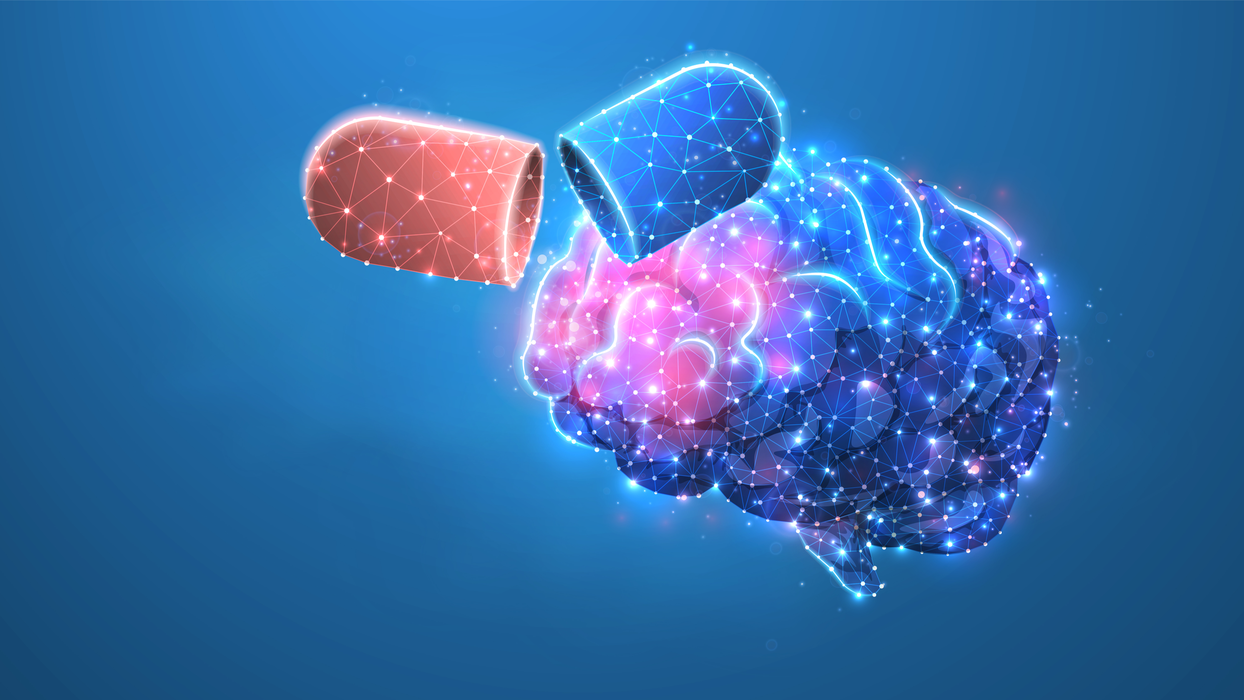In the quest for optimal mental performance and cognitive enhancement, a class of supplements known as nootropics has gained significant attention. These brain-boosting compounds promise to unlock the full potential of your mind, offering improved memory, enhanced focus, and increased productivity. In this article, we will delve into the world of nootropics, exploring what they are, how they work, and their potential benefits for cognitive function.
What Are Nootropics?

Nootropics, often referred to as "smart drugs" or "cognitive enhancers," are a broad category of substances that aim to enhance cognitive function, memory, creativity, motivation, and overall brain health. They can include natural compounds, prescription medications, or synthetic substances, all designed to optimize mental performance.
How Nootropics Work

Nootropics work through various mechanisms to influence brain function. While the specific actions can vary depending on the compound, here are some common ways nootropics impact cognitive function:
-
Neurotransmitter Modulation: Many nootropics affect neurotransmitters, such as dopamine, serotonin, and acetylcholine, which play key roles in mood, focus, memory, and learning.
-
Increased Blood Flow: Some nootropics promote better blood flow to the brain, delivering more oxygen and nutrients to support cognitive processes.
-
Neuroprotection: Nootropics can have neuroprotective properties, helping to shield brain cells from damage and supporting long-term brain health.
-
Enhanced Synaptic Plasticity: Nootropics may promote synaptic plasticity, facilitating stronger connections between neurons and improving learning and memory.
Types of Nootropics

Nootropics come in various forms, and they can be categorized into several groups:
-
Natural Nootropics: These include herbs, amino acids, vitamins, and minerals that are believed to enhance cognitive function. Examples include ginkgo biloba, bacopa monnieri, and omega-3 fatty acids.
-
Prescription Nootropics: Some pharmaceutical drugs, such as Modafinil or Ritalin, are prescribed for conditions like narcolepsy or ADHD but are also used off-label for cognitive enhancement.
-
Synthetic Nootropics: These are lab-created compounds designed specifically to enhance cognitive function. Piracetam and noopept are examples of synthetic nootropics.
Potential Benefits of Nootropics

While the effects of nootropics can vary from person to person, some potential benefits may include:
-
Improved Focus and Concentration: Nootropics may enhance attention and concentration, helping individuals stay more engaged and productive.
-
Enhanced Memory: Some nootropics are believed to boost memory and learning abilities, making it easier to absorb and retain information.
-
Mood Enhancement: Certain nootropics can have mood-stabilizing effects, promoting a positive mental state and reducing anxiety or depression symptoms.
-
Increased Creativity: Some individuals report heightened creativity when using certain nootropics, potentially improving problem-solving abilities and creative thinking.
-
Neuroprotective Effects: Nootropics with neuroprotective properties may help safeguard the brain against age-related cognitive decline and neurodegenerative diseases.
Conclusion

Nootropics offer an intriguing avenue for those seeking to optimize cognitive function and mental performance. However, it's essential to approach them with caution. Not all nootropics are well-researched or safe, and individual responses can vary widely.
If you're considering using nootropics, consult with a healthcare professional to ensure they align with your health goals and are safe for your specific needs. Additionally, remember that nootropics should be viewed as a complement to a healthy lifestyle, including a balanced diet, regular exercise, and adequate sleep, all of which play crucial roles in maintaining cognitive health and overall well-being.
